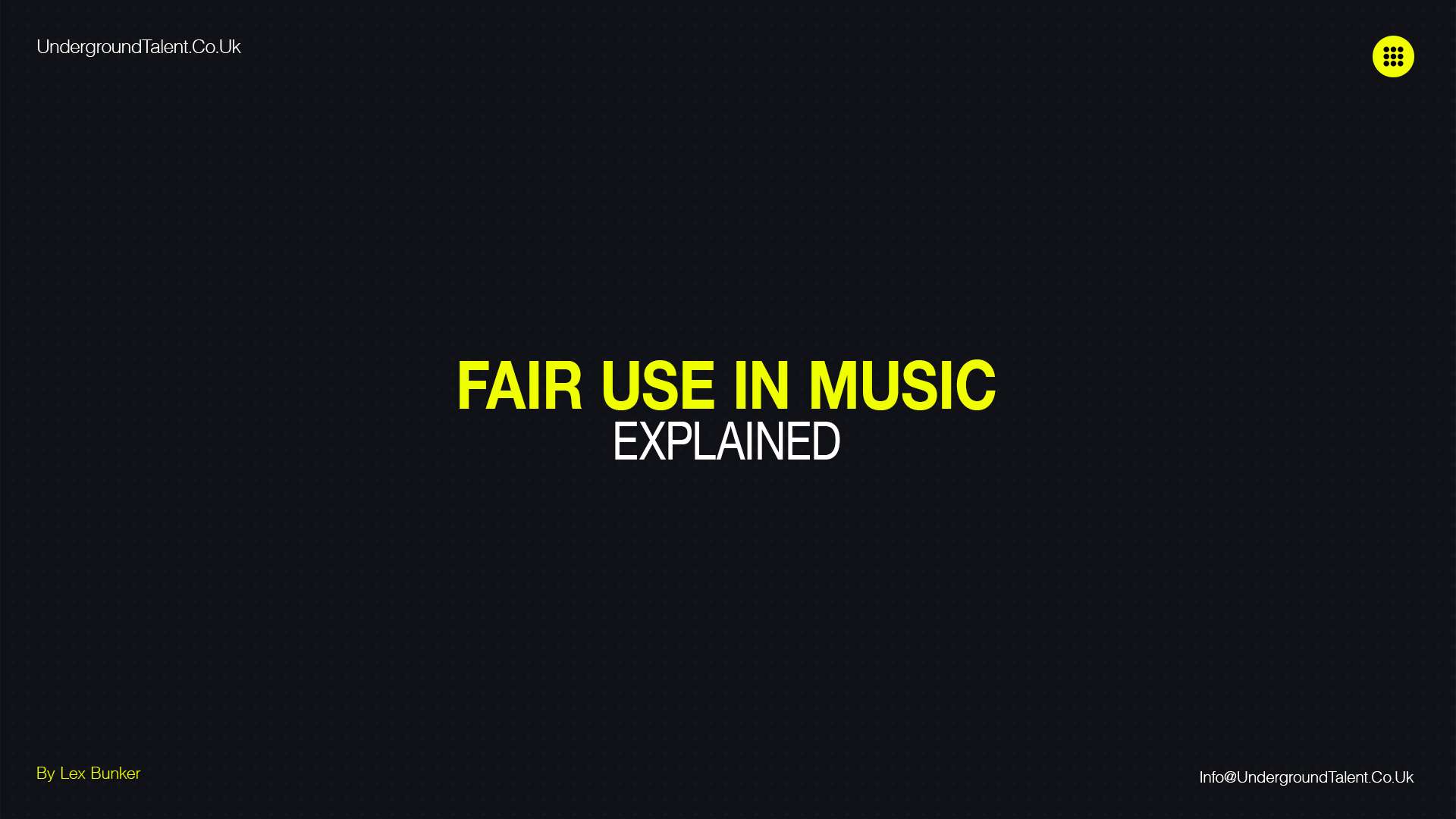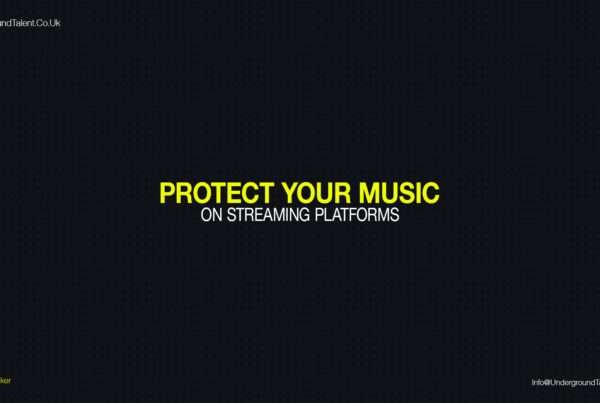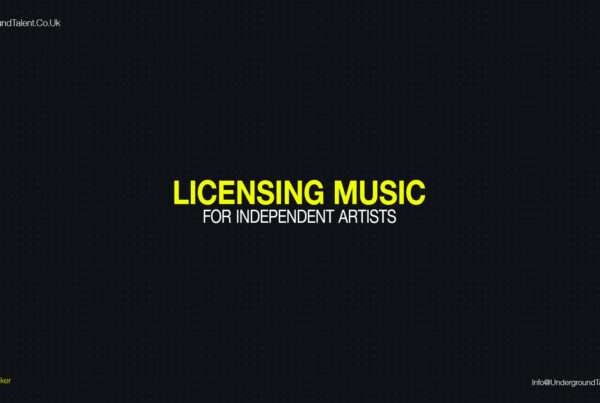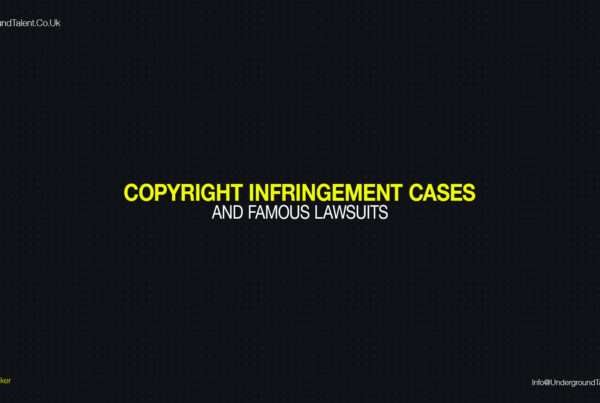Understanding Fair Use in Music: Essential Guide for Musicians
Understanding fair use in music is crucial for musicians. It helps them navigate the complex world of copyright laws and ensures they can create, share, and collaborate without legal issues. This article will explain what fair use means, its benefits, and how it affects musicians.

Table of Contents
- Key Takeaways
- What is Fair Use in Music?
- Benefits of Understanding Fair Use
- How Fair Use Impacts Musicians
- Best Practices for Using Fair Use
- Fair Use vs. Copyright Infringement
- Additional Resources
- Conclusion to Fair Use in Music
- Frequently Asked Questions
Key Takeaways
- Fair use allows limited use of copyrighted material without permission under specific conditions such as criticism, comment, teaching, scholarship, and research.
- Understanding fair use can protect musicians from copyright infringement claims and legal troubles.
- Fair use supports creative freedom by allowing musicians to build upon existing works in new and transformative ways.
- Musicians should always give proper attribution when using someone else’s work to avoid legal issues.
- Consulting legal experts is recommended to navigate the complexities of fair use and ensure compliance with copyright laws.
What is Fair Use in Music?
Definition
Fair use is a legal doctrine that promotes freedom of expression by permitting the unlicensed use of copyrighted material under certain conditions. This means you can use parts of a song without getting permission from the copyright owner, but only in specific situations. Fair use is very subjective and is decided on a case-by-case basis.
Examples
Fair use can apply in various scenarios, such as:
- Criticism: Using a song to critique its lyrics or music.
- Comment: Adding commentary to a piece of music in a review.
- Teaching: Using music clips in an educational setting.
- Scholarship: Quoting music in academic research.
- Research: Analyzing a song for a study.
Limitations
While fair use offers some flexibility, it has its limits. The use must be transformative, meaning it adds new expression or meaning to the original work. Additionally, the amount of the song used should be minimal, and the use should not negatively impact the market for the original work. If you rely on fair use, you need to consider the risk of copyright infringement.
Benefits of Understanding Fair Use
- Creative Freedom: Fair use allows musicians to experiment with existing works and create something new.
- Educational Value: It supports teaching and scholarship by allowing the inclusion of music clips for educational purposes.
- Legal Protection: Understanding fair use can help avoid legal issues related to copyright infringement.
How Fair Use Impacts Musicians
Copyright Issues
Fair use can be a tricky area for musicians. Understanding fair use can help avoid copyright issues. Musicians often face challenges when they use parts of other songs in their work. Courts look at several factors to decide if something is fair use, like how much of the original work is used and if it changes the original work’s meaning. For more on this, check out our article on music copyright myths debunked.
Sampling
Sampling is when a musician takes a piece of another song and uses it in their own music. This can be risky because it might lead to copyright problems. To stay safe, musicians should make sure their use of samples is transformative, meaning it adds new expression or meaning to the original work. For more on this, check out our article on music sampling techniques.
Cover Songs
Covering a song means performing someone else’s song. While this is usually allowed, musicians need to get the right licenses. Fair use might not always protect cover songs, especially if the new version is too similar to the original.
Remixes
Remixes involve taking elements of an existing song and altering them to create a new version. This can be legally complex and might require permissions or licenses, depending on how much of the original song is used and how it is transformed. For more insights, read our guide on how to produce a techno remix.
Musicians should always be careful and consider the legal aspects of using someone else’s work. Consulting with legal experts can help navigate these complex issues.
Best Practices for Using Fair Use
Attribution
When using someone else’s music, it’s important to give credit to the original creator. This shows respect for their work and can help avoid misunderstandings. Always mention the artist and the title of the song you are using.
Transformative Use
To strengthen your fair use claim, make sure your use of the music is transformative. This means you should change the original work in a way that adds new meaning or message. For example, using a song in a parody or remix can be considered transformative.
Consulting Legal Experts
If you’re unsure about whether your use qualifies as fair use, it’s wise to consult a legal expert. They can help you understand the risks and guide you on how to proceed safely.
Here’s a quick checklist to consider when using music:
- Purpose: Is your use for education, criticism, or commentary?
- Amount: Are you using a small portion of the song?
- Market Impact: Will your use affect the market for the original work?
Remember, fair use is not a guarantee. Always assess your situation carefully before using copyrighted material.
Fair Use vs. Copyright Infringement
Distinguishing Factors
Understanding the difference between fair use and copyright infringement is crucial for musicians. Fair use allows for the use of copyrighted material without permission from the copyright owner in certain circumstances, such as for criticism, commentary, or education. On the other hand, copyright infringement occurs when someone uses copyrighted material without permission and outside the bounds of fair use.
Legal Consequences
The legal consequences of copyright infringement can be severe. Penalties may include fines, legal fees, and even jail time. Musicians should be aware that claiming fair use is not a guaranteed defence and must be proven in court. The risk of a failed fair use defence is significant, leading to potential financial and reputational damage.
Case Studies
Several landmark cases highlight the complexities of fair use and copyright infringement. For example, in the case of Campbell v. Acuff-Rose, the court ruled that 2 Live Crew’s parody of Roy Orbison’s “Oh, Pretty Woman” was fair use despite its commercial nature. This case demonstrates that even commercial works can qualify for fair use if they provide significant commentary or criticism.
Musicians must navigate the fine line between fair use and copyright infringement carefully to avoid legal pitfalls and protect their creative works. Learn more about Music Copyright Infringement Cases & Famous Lawsuits.
Additional Resources
For more insights on copyright laws and how they affect musicians, you can explore the following articles from the Copyrights category on Underground Talent:
- Copyright and Trademark: What’s the Difference for Musicians?
- Music Modernization Act: Impact on Copyright Laws
- Performance Rights Organizations: Everything You Need to Know
By reading these articles, you will gain a deeper understanding of the various aspects of copyright laws and how to protect your creative works effectively.
Conclusion to Fair Use in Music
Understanding fair use in music is crucial for musicians. It helps them know when they can use someone else’s work without permission and when they need to get a license. Remember, fair use is not always clear-cut and can vary from case to case. Always consider the purpose, nature, amount, and effect of the use. When in doubt, it’s best to seek legal advice. By being informed, musicians can protect their own work and respect the rights of others, fostering a creative and fair music industry.
Frequently Asked Questions
What is fair use in music?
Fair use in music allows limited use of copyrighted material without needing permission from the copyright owner. This can include uses for criticism, comment, teaching, scholarship, and research.
Can I use a short clip of a song in my YouTube video under fair use?
Using a short clip of a song might be considered fair use, but it’s not guaranteed. Courts look at factors like the purpose of use, the amount used, and the effect on the market for the original work.
How does fair use protect musicians?
Fair use can protect musicians by allowing them to use parts of copyrighted works for purposes like parody or commentary without needing permission, as long as it meets certain criteria.
Is sampling music considered fair use?
Sampling music is usually not considered fair use. You typically need to get permission from the copyright owner, as sampling involves using a portion of a copyrighted sound recording.
What are the risks of not understanding fair use?
Not understanding fair use can lead to copyright infringement, which may result in legal consequences like fines or lawsuits. It’s important to know the rules to avoid these risks.
Do I need a lawyer to understand fair use in music?
While you don’t always need a lawyer, consulting one can help you understand the complexities of fair use and ensure you’re using copyrighted material legally.
Don’t Miss
- Best MIDI Keyboards for Electronic Music Production in 2024
- Best Speaker Isolation Pads for Home Studio
- Mixing Electronic Music: Fundamentals and Objectives
- Promote Your Music on TikTok: The Ultimate Guide
- Electronic Music Promotion – Unlock Massive Growth with Hypeddit
Producing Techno? Get Your Free Sample Packs.
Dive into electronic music production with our newly released “Free Techno Tools V1” and “Free Techno Tools V2” sample packs. These packs are full of high-quality sounds that will add a professional touch to your tracks. If you’re looking to expand your sound library, these free sample packs are perfect for every techno fanatic. Click on the links below to access these fantastic resources and elevate your production game today!
Connect With Us.
Join our vibrant community for more wisdom and updates:
And Always Remember…
Have Fun & Be Creative!




